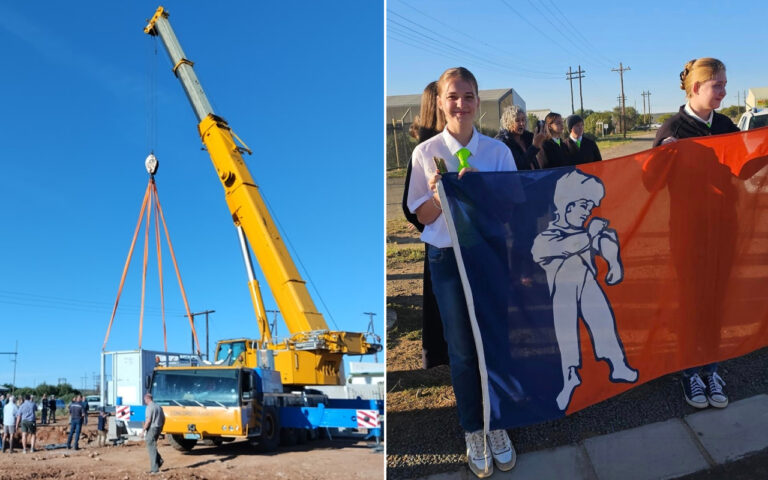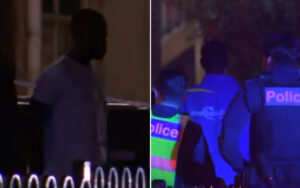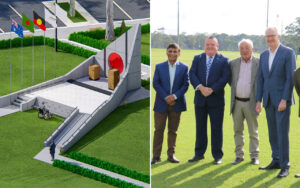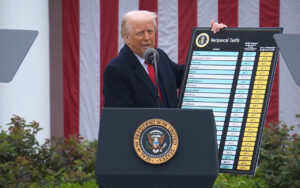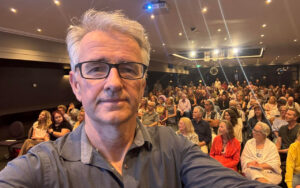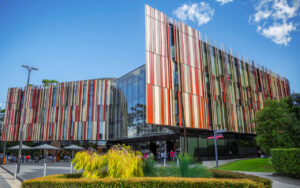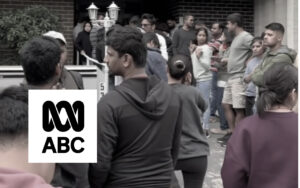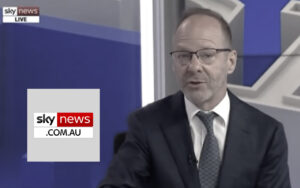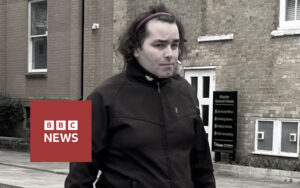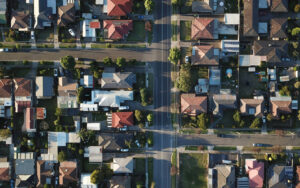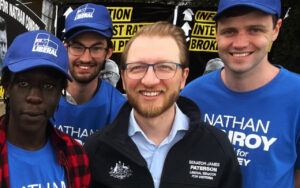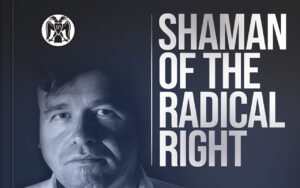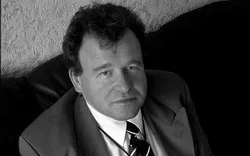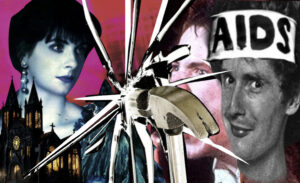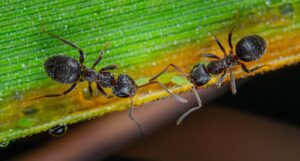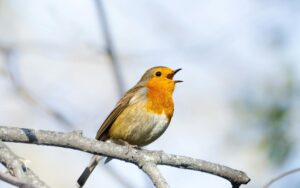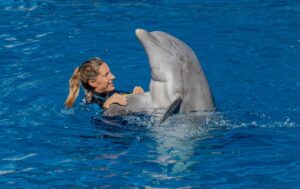The remote Afrikaner town of Orania has celebrated the installation of a massive battery that will prevent residents from losing power daily like the rest of South Africa.
The town of about 3,000 people, founded by Afrikaners in the Northern Cape desert in 1991, is not yet energy independent, but is self-sufficient thanks to the 4.8MWh battery, Orania Movement CEO Joost Strydom said in an interview with Dieuwe de Boer on Reality Check Radio on Friday.
Large crowds of townspeople celebrated by dancing, singing, playing the drums and waving the town’s flag as the giant battery was lowered into place late last month.
The lithum-ion energy storage system will provide Orania with uninterrupted power during the load-shedding blackouts that plague the country, MyBroadband reported.
A solar farm run by Orania’s own electricity distributor Orasol already supplies 30% of demand, and with the battery will be able to power the town for free from 6am to 10pm when it goes into operation later this month.
“Orania always dreamed of being energy independent, from the beginning,” Mr Strydom said in the wide-ranging interview.
“That’s a political thing, it’s not only a practical thing. Being in charge of your own energy means you are politically in charge of yourself to a large extent.
“And then the deteriorating situation in South Africa in terms of the massive blackouts, the massive surge in electricity prices, the unavailability of energy and all those kinds of things came into play as well.”
Mr Strydom said the town started with the solar farm, funded by residents and investors, which then sold the power back to citizens at market prices.
“Obviously then a large chunk of that money came back to the solar farm which could then expand, and then finally get to a point there where we could buy a battery,” he said.
“So just to keep our economy afloat we have the battery, and now we are investigating other sources of generation. Whether that be hydro with the river close to us, or small scale modular nuclear reactors maybe, but into the future, we are looking at different options.”
He went on to say that because 40% of Orania’s electricity was produced by the solar farm or by privately owned solar panels on homes, that meant that 40% of the money spent on power did not flow out of the town, providing a further economic boost.
Later in the interview Mr Strydom was asked by the host if he had any advice for those looking to set up similar communities either in South Africa or abroad, to which he responded: “Just start”.
“Do what you can with what you have. I think the most prominent piece of advice I can give is start with something. Orania was never perfect and never will be perfect, but we started.
“And the 33 years that Orania existed already are invaluable, we learned so many lessons, went through so many challenges, sorted so many things out. Just start. There’s always some kind of law, some kind of way, some kind of manner, some kind of practical way to approach things that makes things possible.
“You have to start. And Afrikaners have this tendency as well, they’re on social media debating how the future Afrikaner republic will look, drawing lines on maps on Facebook, and spending hours designing flags and all kinds of thing – it means nothing if you don’t start.
“In the end it comes back to: create the de facto reality, the acknowledgment will follow.”
Mr Styrdom added: “Secondly, I think it’s very very important to do it in an ethical way, not to the disadvantage of other people, not out of hate, but out of securing a future for your people, out of love for your people, and to get competent people in charge of such a project.”
